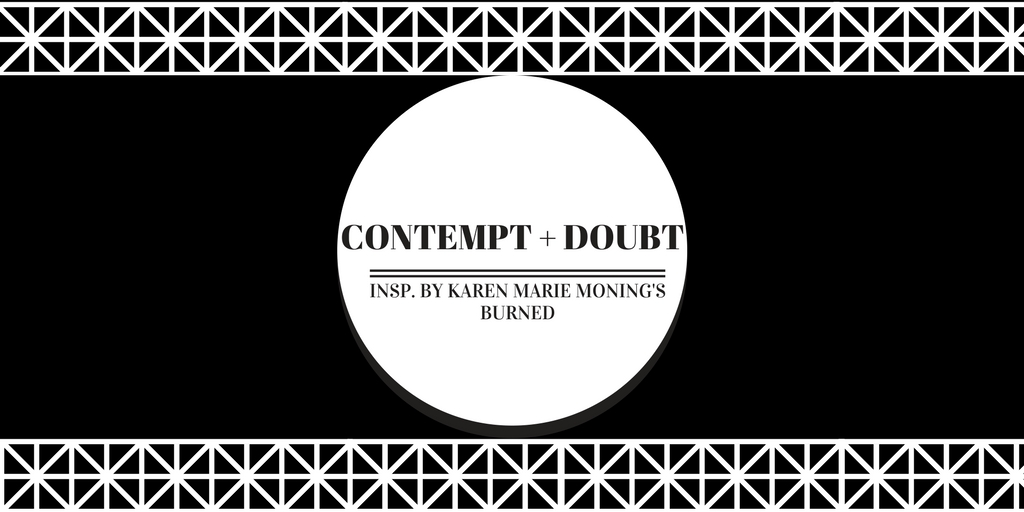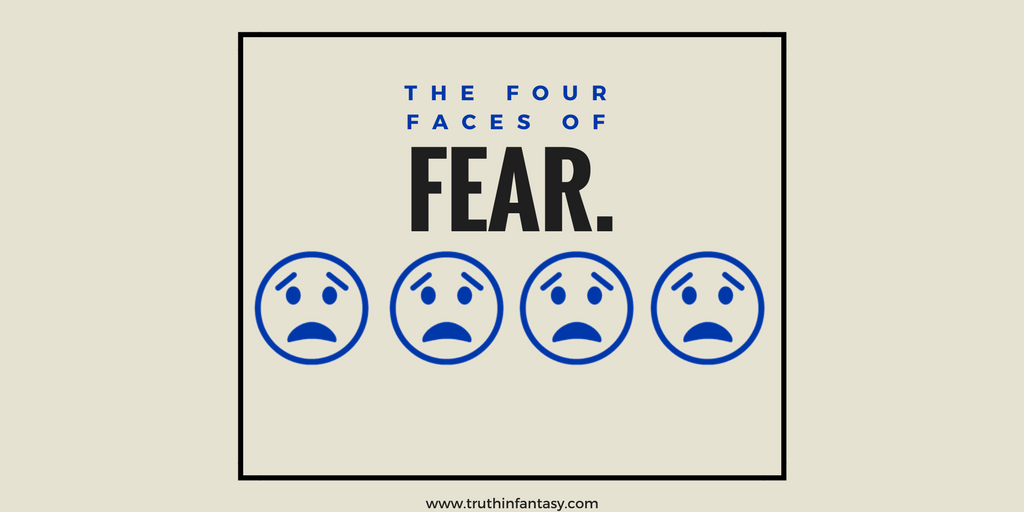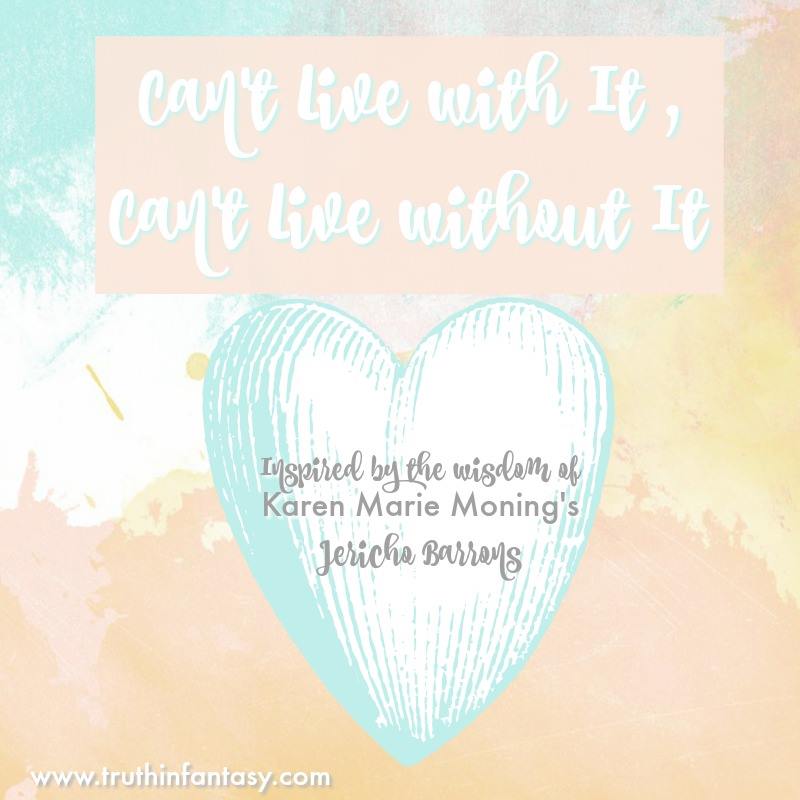I've just started John Hartness' Bubba the Monster Hunter stories. I'm still not entirely sure if this is a novella series like Quincy Harker or more of a collection of short stories, but no matter. I'm digging Harkness’ style mightily, and I love that he moves these plots along in a timely manner, rather than dragging them out over three hundred pages. You go, John Hartness! Your efficient storytelling style working for me. But, enough literary critique. The topic at hand is the phenomenon of things that go in one ear and out the other. I would love to say that this is an injustice that has been visited on me while my own auditory skills remain wholly unaffected. That would be a bald faced lie (although you know what they say—lie big or go home—you know, like Donald Trump—oops, did I say that out loud?!). What, they don't say that? I must not have been listening. My bad. And that's the point. It is my bad. And yours, and pretty much everyone else's. I started thinking about how little we listen to each other as I was reading about Bubba and Skeeter (fabulous names, by the way) in Hartness' collection (or "Season One" as he calls it) entitled, “Scattered, Smothered and Chunked," which sounds truly unappetizing. In an exchange between our monster-killing heroes, Skeeter (the brains) explains the current assignment to Bubba (the brawn). It's a last minute explanation, delivered immediately before the action goes down. To the readers, Bubba explains that Skeeter never tells him anything about a case "until it was time for the killing." Apparently, like many of us, Skeeter doesn’t like repeating himself and Bubba readily admits that he usually only "about half listened" to Skeeter anyway. What a friend, I thought to myself.
But then I thought to myself some more, and I had to retract my sarcasm (I love it when that happens—yes, I'm being sarcastic). Don't many of us "about half listen" to our friends and loved ones? Don't we listen with half an ear, or let others' voices roll off of us like ball bearings in an ice rink? I'm sure I'm guilty of that, and I know absolutely that my husband and kids are repeat offenders. In fact, the problem is so pervasive that in almost any lecture or workshop about how to communicate better, or be a better partner, friend or employee there is always a section on active listening. I'm pretty sure when I was growing up it was just called "listening." As in you pay attention to what I'm saying and I'll give a shit about whatever you're blathering on about in return. No, I honestly don't mean that. But that used to be the social exchange and the currency was our attention. That all seems to have changed.
These days, when I'm "actively listening" to someone, maintaining full eye contact, making an effort to ask intelligent questions, leaning in and trying to appear as if I'm hanging on your every word, I've often been accused of being "aggressive" and "offensive." We've watered down our presence and attention to the point where when someone gifts us with the full Monty, it's uncomfortably overwhelming. And how sad is that? It's so sad that when Bubba throws away a line about not fully listening to his partner—you know, the one trying to keep him alive while Bubba hunts the things that go bump in the night—it's meant to inspire a smile, not condemnation. I feel like a geezer bemoaning the state of our youth these days. Gag me.
What's going on here? Why does this happen? I have a few theories that involve denouncing the state of our society, the world at large, and the like. But I think the epidemic of ADHD (a problem I suffer from myself, in fact), the hyper stimulation offered to all of us who are reasonably affluent and living in the developed world, and the constant competition for our attention are a big part of the problem. And then there is the incessant background noise. One of the things I love and crave about our home on the beautiful Chesapeake Bay is the spectacular sound of silence. In the morning, when I get up before anyone else and watch the sun come up over the water, there is nothing to hear except an occasional bird and sometimes the gentle lapping of the water against the shore. It is bliss.
On the other hand, the cacophony of TVs, radios, iPhones, boom boxes, video games, sports announcers, little kids, dogs and cats, colleagues, bosses, leaf blowers, lawn mowers, ambulances and other noise pollution is deafening. Literally—most of the baby boomers and now the Gen Xers are losing their hearing as a result of all the racket. No wonder we protect our ears by only lending half of then to all the voices vying for our notice. So I get it. I do it. But what about when it is important for us to listen? Have we basically lost the ability to separate the auditory wheat from the hum of chaff that surrounds it? I fear that we have. I rarely feel fully attended to—it isn't often I know that my family members don't have one ear on one of their many electronic devices. It's off-putting and hurtful and can lead to one of two equally unfortunate outcomes—I get louder, or I get a serious case of the f-its. As in FU, I don't want to talk to you anyway. This does not make for healthy or happy relationships. Nor for long-lived ones. So I "gently" point out to my distracted family that I'm feeling ignored and they respond with their undivided attention. Mostly.
So, let's not follow Bubba's example, even though I seriously like the dude and he kills zombies with battle axes, so he's got to be cool, right? But I'm afraid his relationship skills leave something to be desired, and his listening skills flat out suck. Let’s give each other the gift of attending. Let’s lend each other both of our ears, instead of just one, or fractions thereof. Please don’t tell me, in any of the myriad ways there are to say, “I’m not listening.” It would be a tragedy of Bubba-like proportions.



















